Summary
- Captain Sonar is a team-based logic battle ideal for gatherings, requiring 8 players for full potential.
- The Shipwreck Arcana offers a cooperative math-based challenge with hidden number tiles and clues.
- Alchemists is a unique deduction game where players brew potions by deducing ingredients and potency.
Logic puzzles are almost as old as human civilization itself, as is evident by the sheer volume of them that appear in ancient tombs within video games and films. Challenging oneself to a test of logic and deduction remains a popular pastime from classic puzzles like Sudoku to family board game staples like Clue.
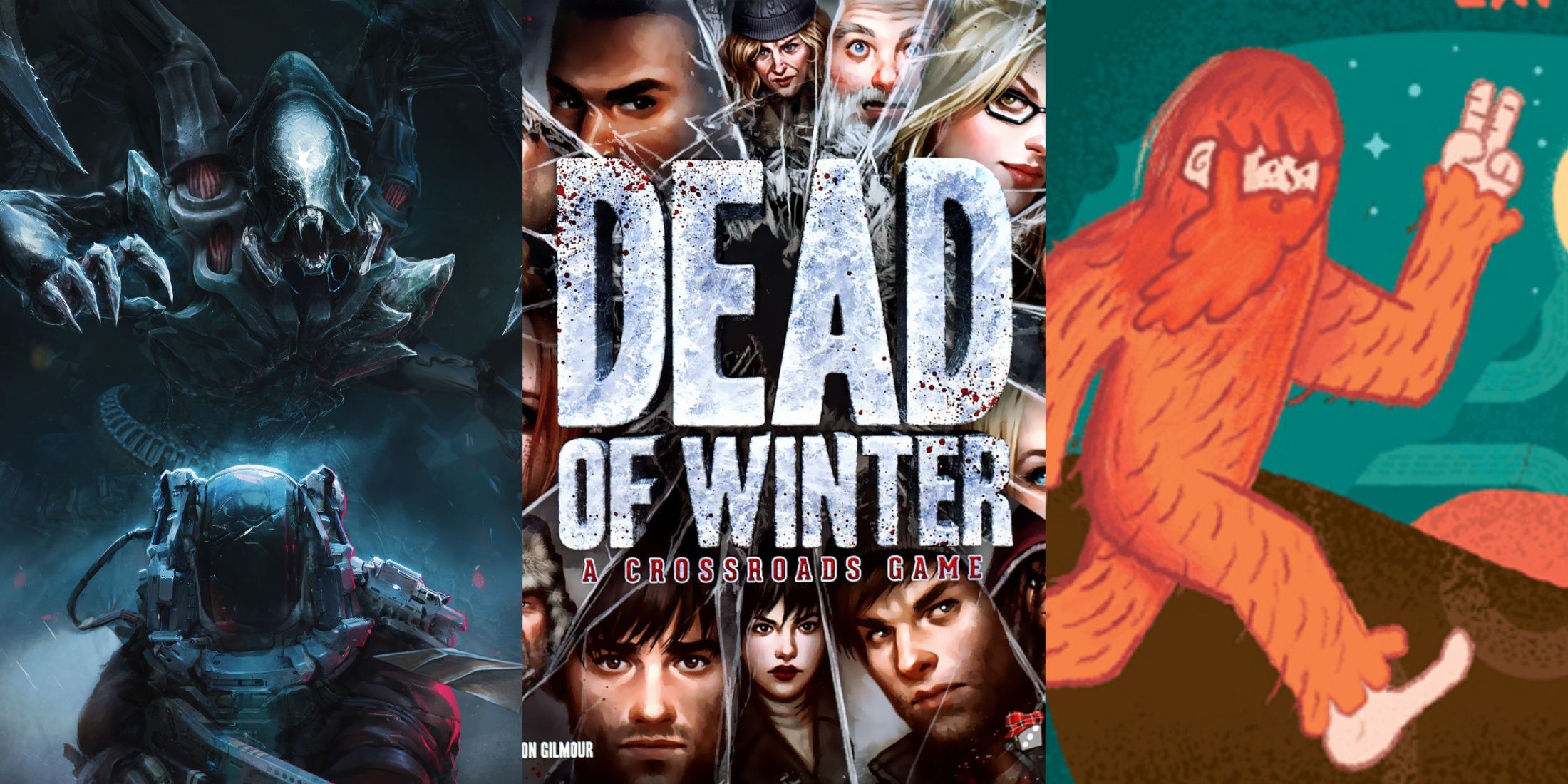
Related
10 Best Hidden Traitor Board Games, Ranked
These excellent tabletop board games feature hidden traitor mechanics, nurturing paranoid and encouraging social deduction at the gaming table.
Board gaming as a hobby has exploded in the past decade, bringing with it a raft of talented designers who’ve turned their hand to the medium, producing many ingenious logic puzzles that players can return to again and again. For any fans of classic sleuthing and general deduction looking to up the ante consider these, the best logic and deduction board games.
As a note for board game enthusiasts perhaps looking to expand their collection, this list’s sole focus will be on games that provide a logic challenge for players to solve, as opposed to social deduction or hidden movement games which are better represented in their own genres.
1
Captain Sonar
Team-Based Battleship
- Designers: Roberto Fraga, Yohan Lemonnier
- Publisher: Matagot
- Player Count: 4-8
Captain Sonar drops a few places because there’s arguably only one member of the team who’s actively using deduction and the fact that it ideally demands the full 8 players also makes it a difficult one to get to the table. Players are split into two teams of submarine crews, each taking on one role on the vessel.
Through open communication, teams are tasked with locating the opposing vessel on a shared map and sinking it. Each team captain openly declares the navigation and the opposing radio operators are attempting to plot a course in front of them based on this information to pinpoint the enemy submarine’s location.
2
The Shipwreck Arcana
Abstract Math Conundrum
- Designer: Kevin Bishop
- Publisher: Meromorph Games
- Player Count: 2-5
The Shipwreck Arcana is a more obscure game with a rather esoteric premise that’s hard to summarize, but fans of logic and deduction games will want to track this down for an intriguing cooperative puzzle. Players are each dealt two tiles with a single number on them between 1 and 7.
One tile is kept back while the other is placed underneath one of the four cards in the center of the table that each impart some information pertaining to the relationship between the one now visible number and one still hidden. Players have to consider as much what’s not said as what is, as they bid to correctly identify enough hidden numbers before the in-built timer elapses.
3
Awkward Guests: The Walton Case
Cluedo Advanced
- Designer: Ron Gonzalo García
- Publisher: Megacorpin Games
- Player Count: 1-8
Awkward Guests: The Walton Case is a classic whodunit board game but with a more advanced, gamer-focused rule set that’s as much about burying evidence as uncovering it. The game comes with a deck of over 250 clue cards that can be shuffled into an almost infinite number of preset combinations that will always produce a single outcome. Players are dealt several clues to start and may then trade them freely with fellow players.
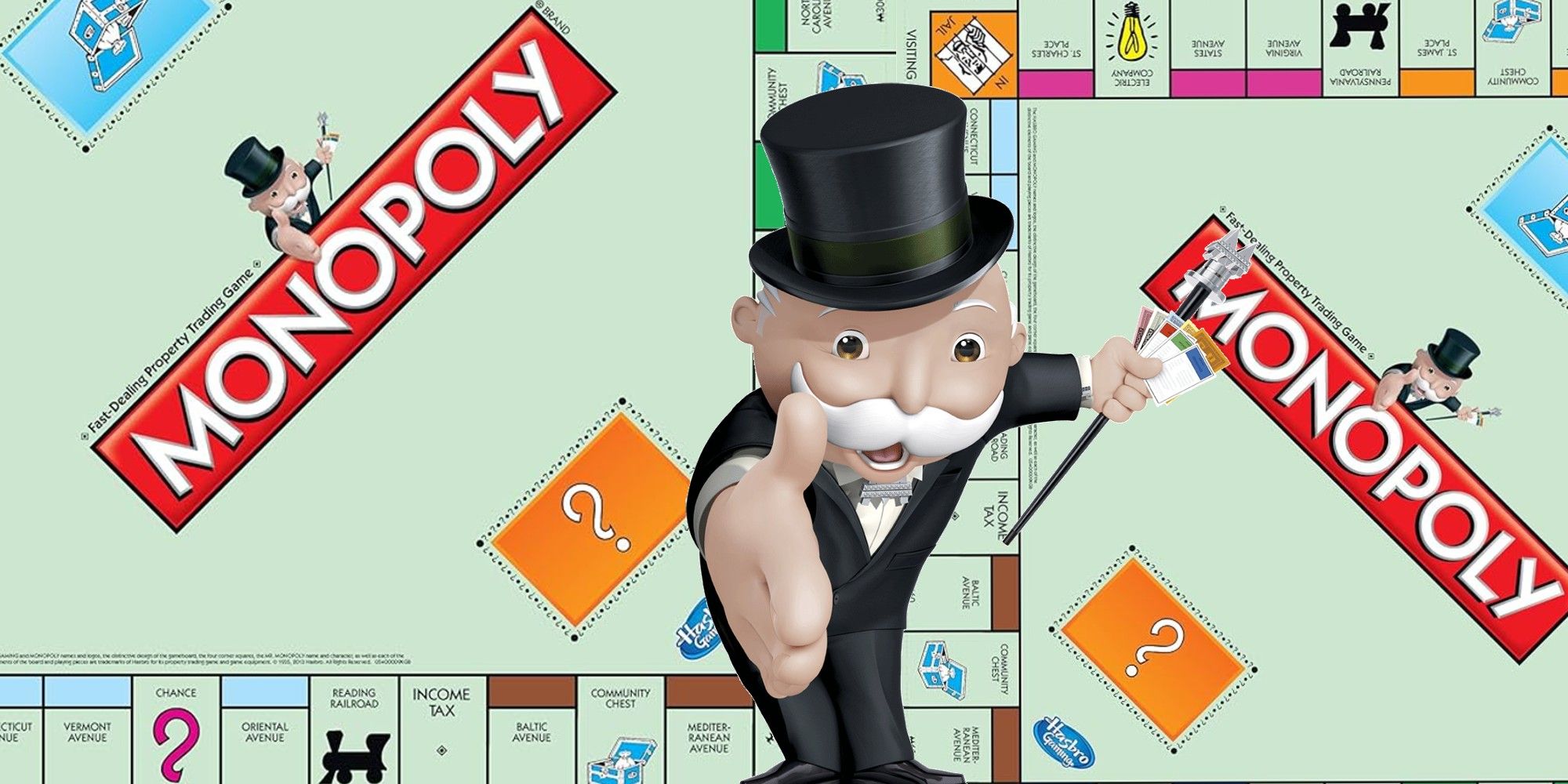
Related
Best Versions Of Monopoly, Ranked
There have been a lot of iterations of classic Monopoly over the years, and these versions are some of the best available.
Evidence is ranked into three categories of usefulness, 1-3, and players must return an equal or greater number of evidence cards to what they were provided. The crux of the game is in hand management and deciding when to trade valuable information to receive the same back and what evidence to bury at the end of the round so no one else sees it. There are multiple paths to each solution, so rival players can never be cut out of solving the case, only slowed down. The system is fully robust and an incredibly impressive feat of design.
4
Turing Machine
Brain-Bending Code Breaker
- Designers: Fabien Gridel, Yoann Levet
- Publisher: Scorpion Masque
- Player Count: 1-4
Another almost incomprehensible design of puzzles, Turing Machine has players attempting to crack a three-digit code with each digit being between the range of 1 to 5. Players start guessing, taking any three numbered cards from their matching columns and overlaying them to create a single box-shaped opening.
Then overlaying said opening onto one of the four clue answer cards will give players some specific information about the code. It’s another concept that’s hard to summarize, but guesses start to become more informed as certain possibilities are eliminated and players hone in on the code.
5
Cryptid
Hunting For Cryptids
- Designers: Hal Duncan, Ruth Veevers
- Publisher: Osprey Games
- Player Count: 3-5
Cryptid is one of the simplest games on this list but it still offers a very satisfying and compact deduction challenge. At the start of the game, players set up the board with terrain types and features aided by an app which then predetermines one space where a cryptid is hiding.
Each player is given one clue about the environment and, using that, must try to narrow down where the creature is by making a public guess each turn. All the clues combined will eliminate all but one spot, so players must try to deduce the other player’s clues based on what they are asking and answering.
6
Chronicles Of Crime
Immersive Detective Experience
- Designer: David Cicurel
- Publisher: Lucky Duck Games
- Player Count: 1-4
Chronicles of Crime is a unique, immersive board gaming experience that was the first implementation of a QR code-based mechanic that Lucky Duck has since iterated on in some of their larger, more involved games like Destinies and The Dark Quarter. It’s a crime-solving game that’s heavily app-driven even using elements of VR to explore crime scenes.
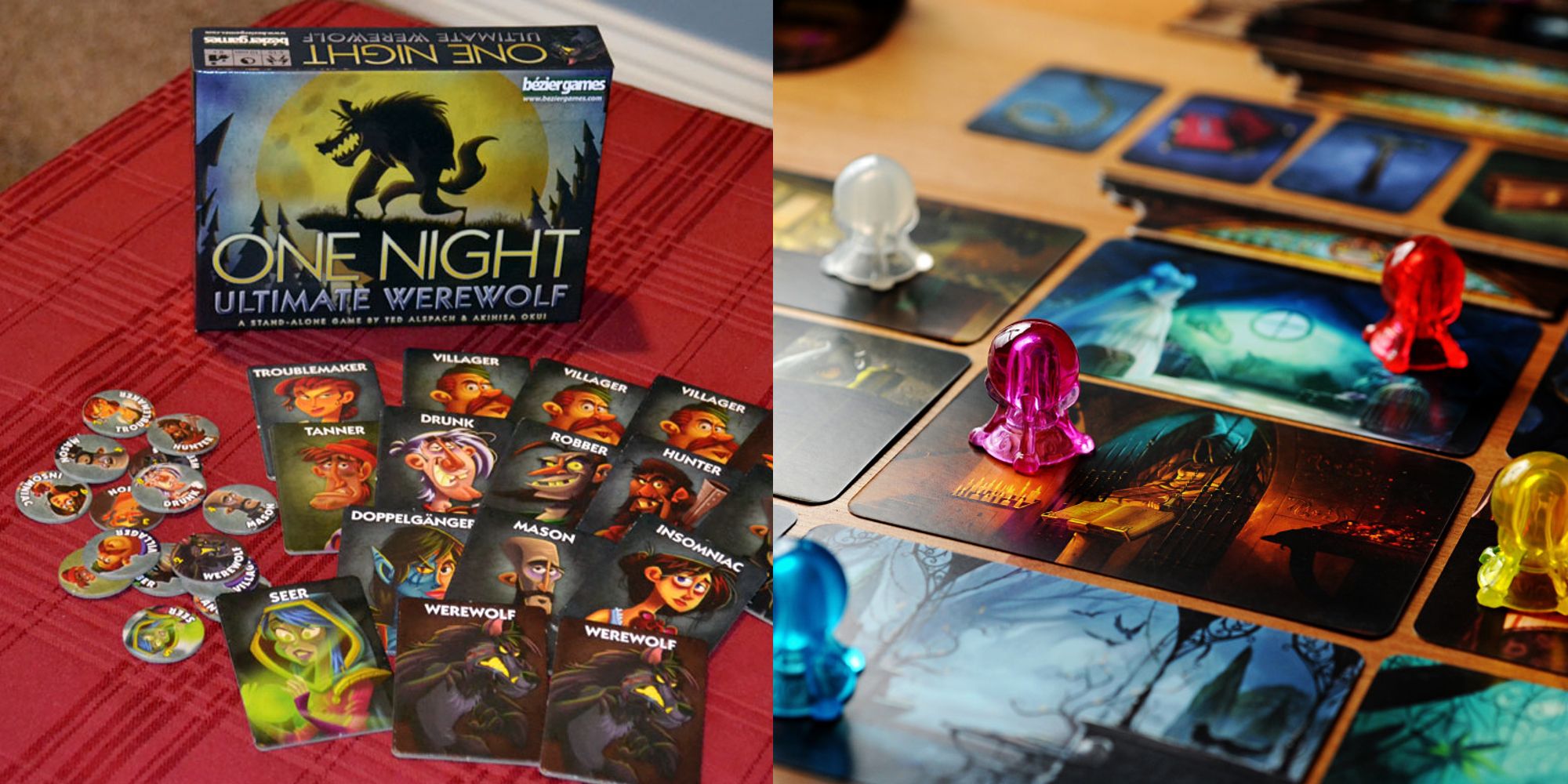
Related
6 Modern Board Games That Are Great Alternatives To Cluedo
Cluedo is the ultimate mystery board game, but if players ever want to change things up, these offerings provide mysteries galore!
The game also comes with a deck of cards featuring people and items with QR codes on them. These can be used in various ways within the game, becoming suspects, victims, and evidence which when scanned in the correct order, will weave a detailed murder mystery for the players to solve.
7
MicroMarco: Crime City
Where’s Waldo In Time?
- Designer: Johannes Sich
- Publisher: Pegasus Spiele
- Player Count: 1-4
The basic concept of MicroMacro: Crime City is a huge foldout with a Where’s Waldo style drawing on it. The key difference is that this diagram features all time happening at once across various parts of the same city.
Players are tasked with attempting to solve a series of increasingly difficult crimes by locating the victims and perpetrators at various points in their day across the huge map, which will eventually produce one consistent timeline of the crime, providing answers to the questions about the who, the how and the why. It’s a very novel system that has already received several sequels and is a fantastic option for solo deducers.
8
Sherlock Holmes Consulting Detective
Elementary Dear Watson
- Designers: Raymond Edwards, Suzanne Goldberg, Gary Grady
- Publishers: Sleuth Publications, Space Cowboys
- Player Count: 1-8
Set in the world of the classic Arthur Conan Doyle books, the Sherlock Holmes Consulting Detective series is kind of an analogue version of Chronicles of Crime. There are a wealth of cases for players to tackle over several entries in the series and they follow a format similar to the standalone murder mystery boxes that are sold, consisting of articles of paper and booklets that need to be scoured for clues.
The experience is very narrative-driven, it will involve a lot of reading and a fine attention to detail to solve the case. That experience is not for everyone and there’s less of a game here than any of the other entries on this list, but it remains very well-regarded among amateur sleuths and is a great experience to share with friends.
9
Alchemists
Uncover The Potion Ingredients
- Designer: Matúš Kotry
- Publisher: Czech Games Edition
- Player Count: 2-4
The most unique theme on this list, Alchemists tasks players with attempting to brew lost remedies by mixing two of the eight available ingredients and then checking the potency of the potion. Using an inbuilt deduction system, players can check off the results of each mixture as they narrow down the ingredients they are looking for.
It’s a much bigger game than most deduction games, which is worth knowing going into it. Resources have to be gathered using worker placement and theories have to be published, which can then be debunked by rival players. All in all, it’s an involved 2-3 hour experience but it’s a unique take on the genre and offers something fresh for logic fans.
10
The Search For Planet X
Scanning The Skies
- Designers: Matthew O’Malley, Ben Rosset
- Publishers: Foxtrot Games, Renegade Game Studio
- Player Count: 1-4
Another cool theme, The Search for Planet X has enjoyed a meteoric rise since its release in 2020, climbing into the top 100 games of all time on board game aggregator site Board Game Geek. It’s another app-driven game, providing near-endless possibilities and a quick, snappy interface.
Using a pre-determined set of rules and a couple of rules unique to each scenario, players must locate a lost planet in the vastness of space. Each section can only contain one item, so players will mainly be scanning sections to determine which item belongs where. Even with all sectors assigned, players will still have multiple empty spaces and will have to use the scenario-specific deduction rules to determine which one of them is harboring Planet X.

More
10 Best Worker Placement Tabletop Games, Ranked
These worker placement tabletop board games are among the very best in the genre.


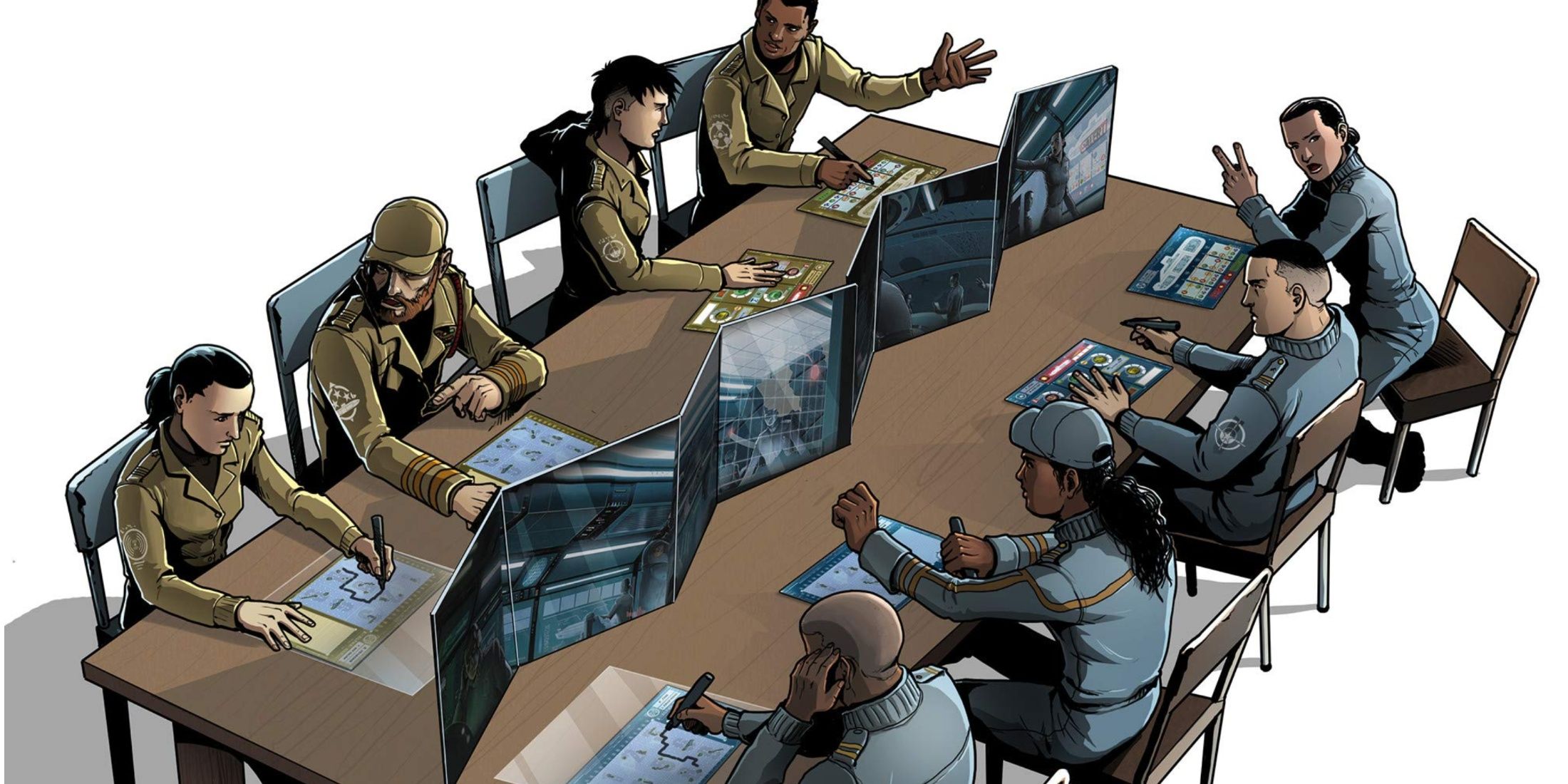
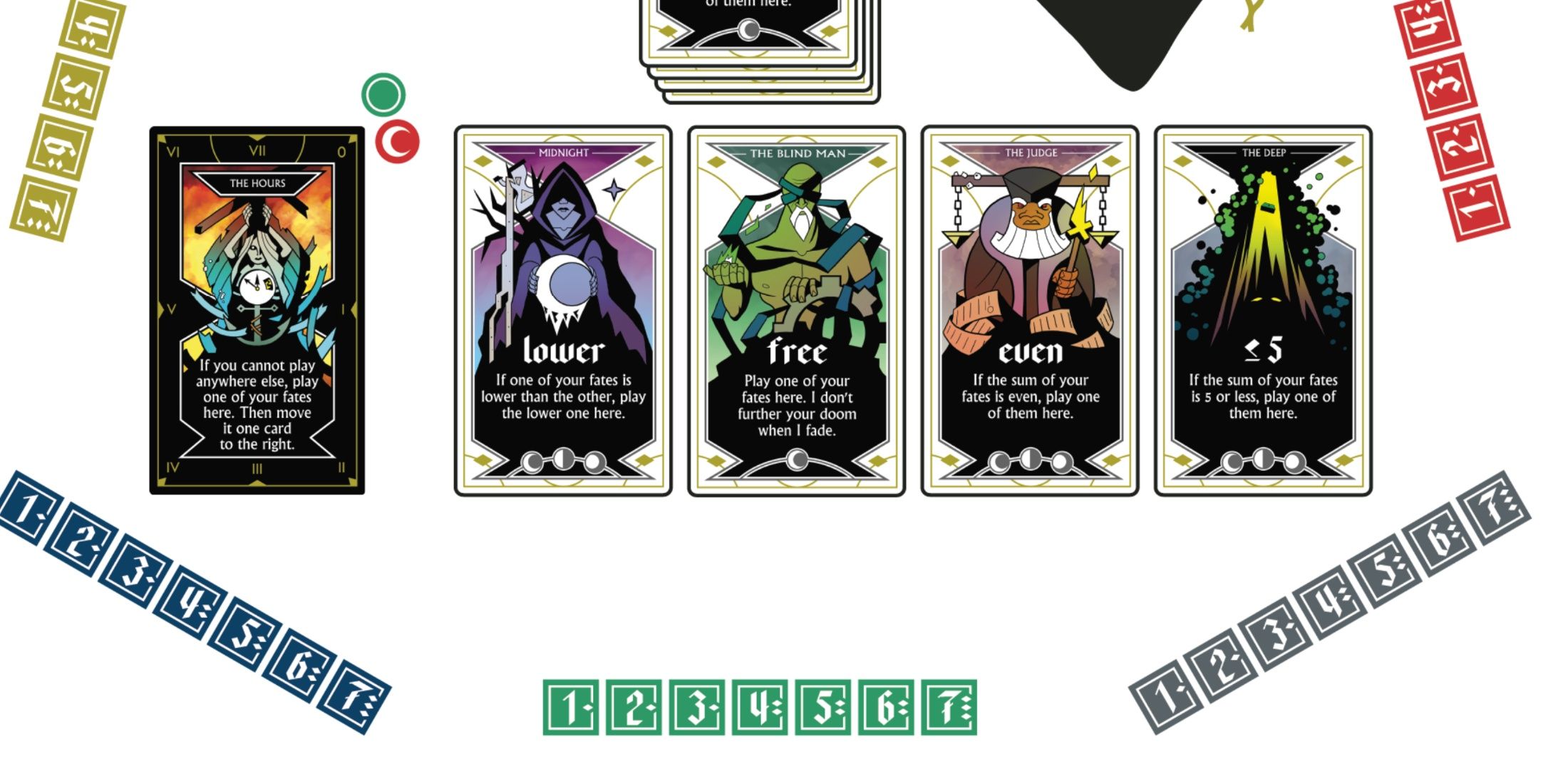
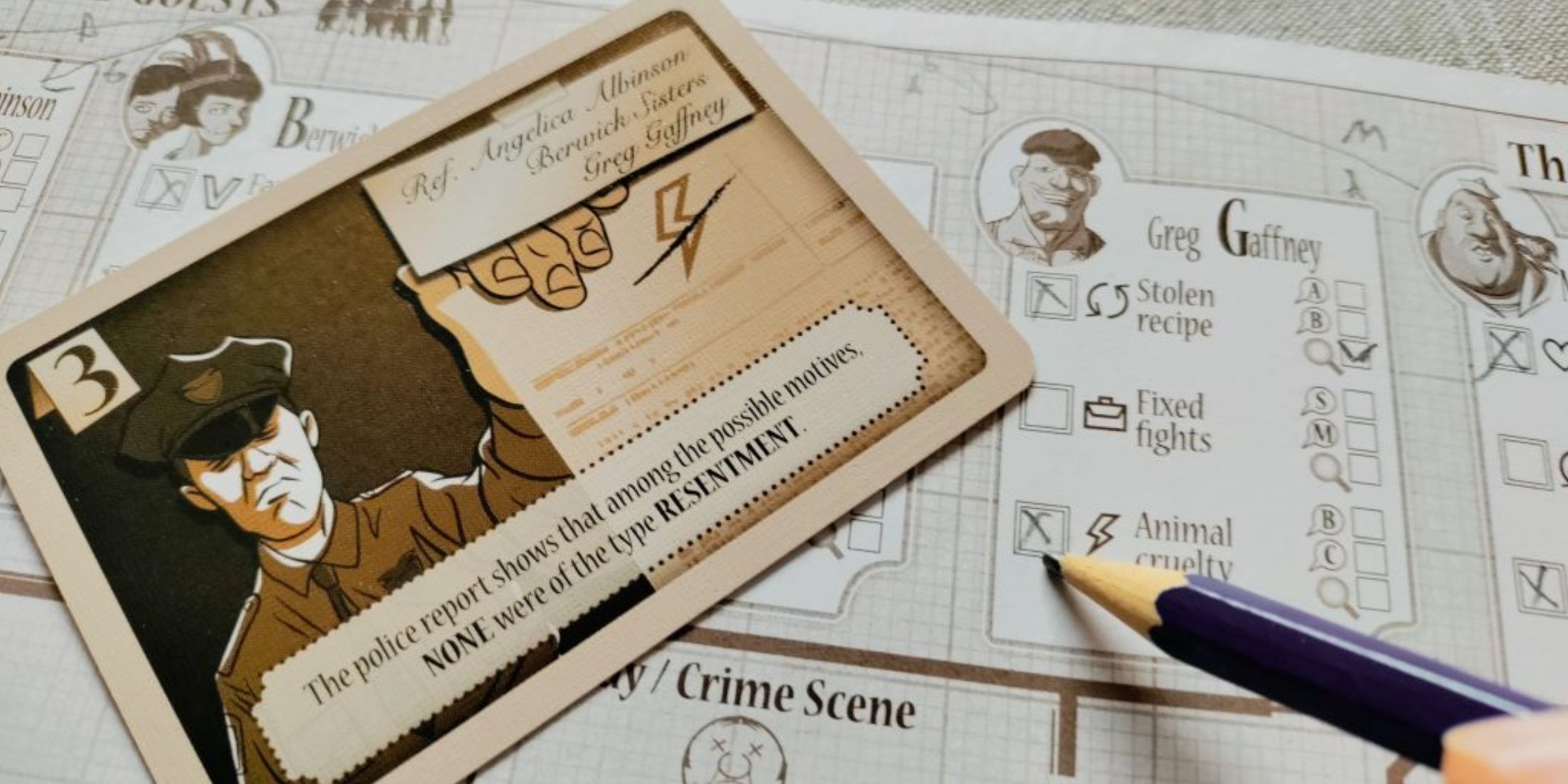
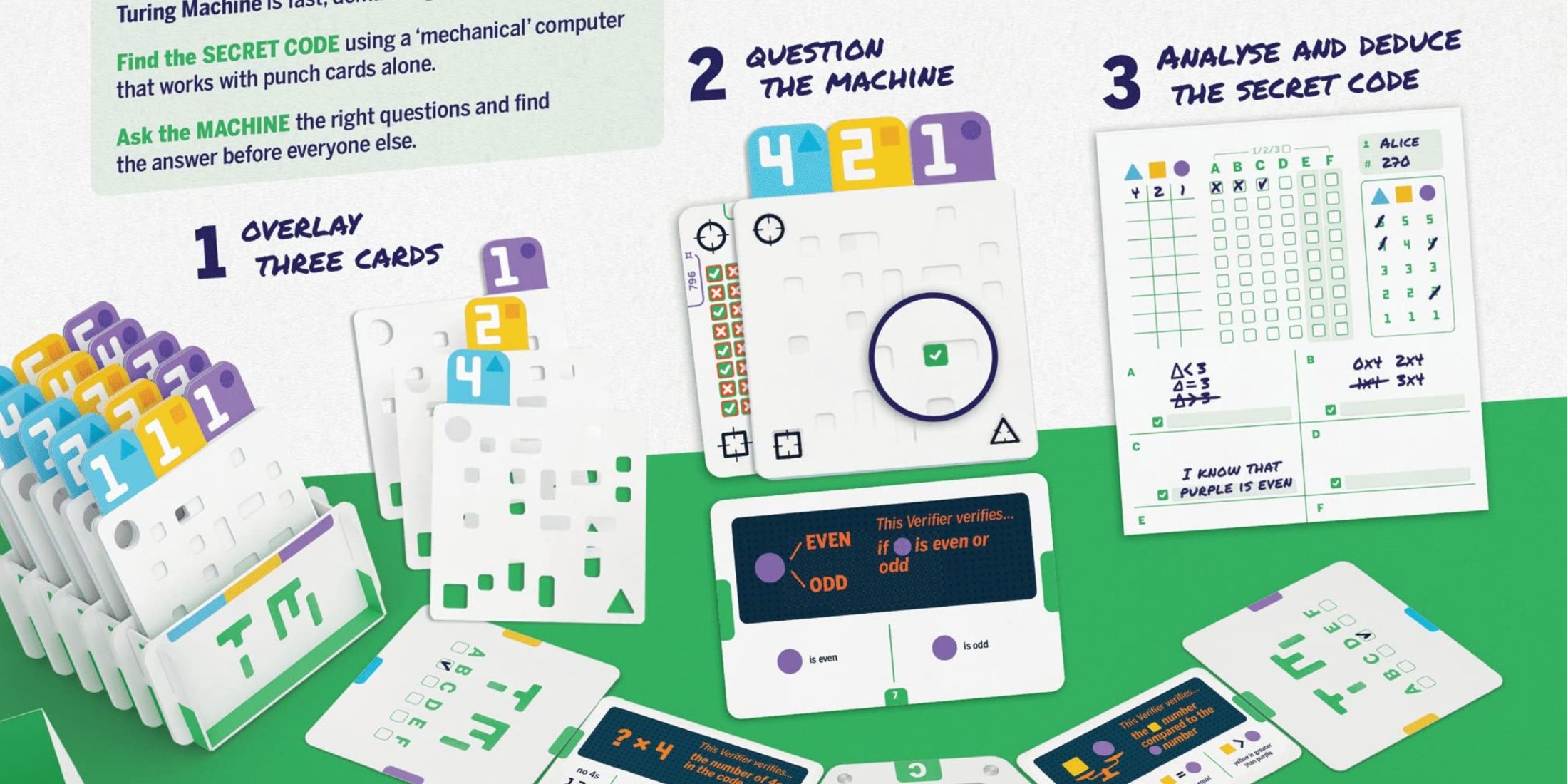
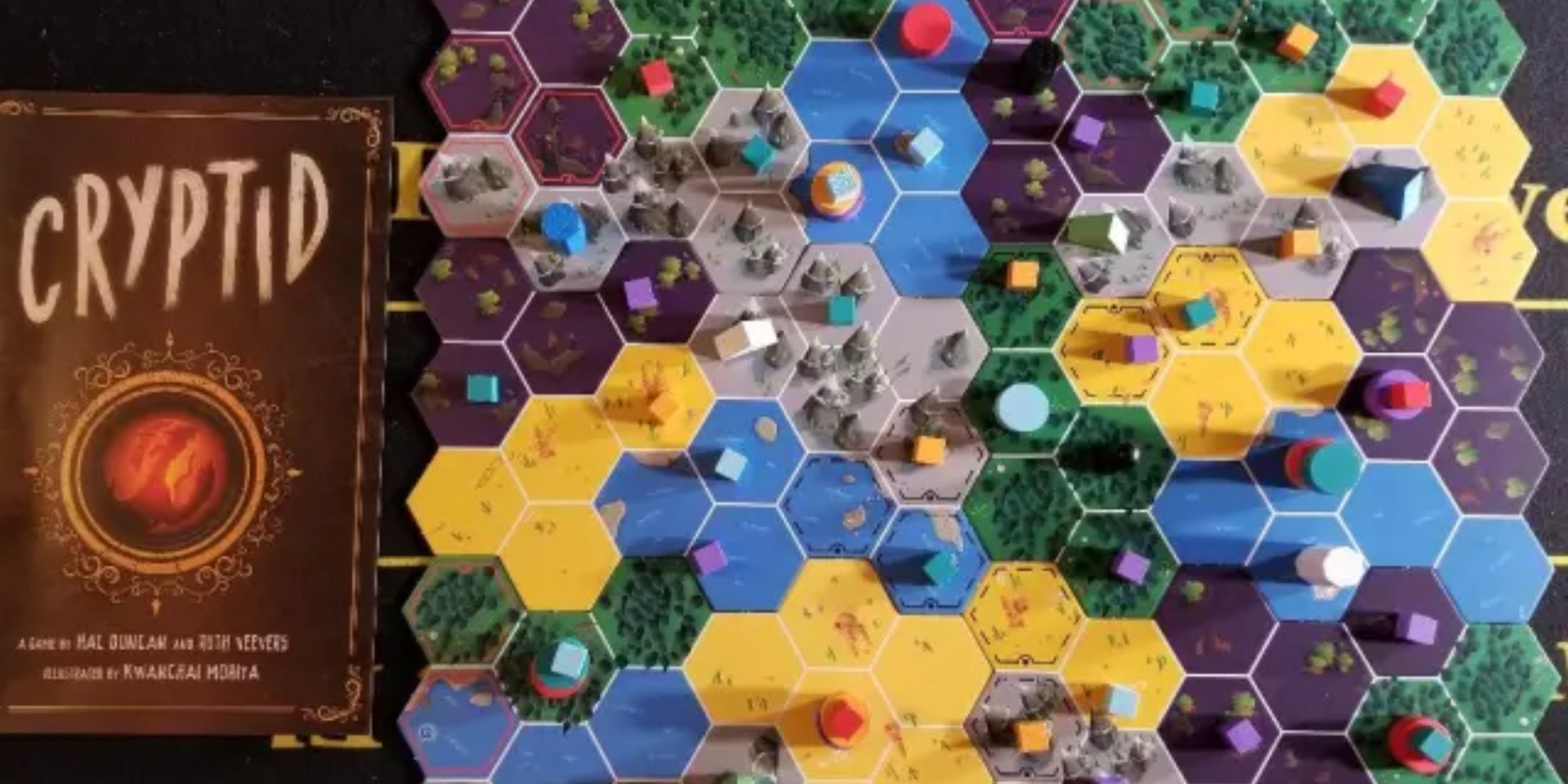
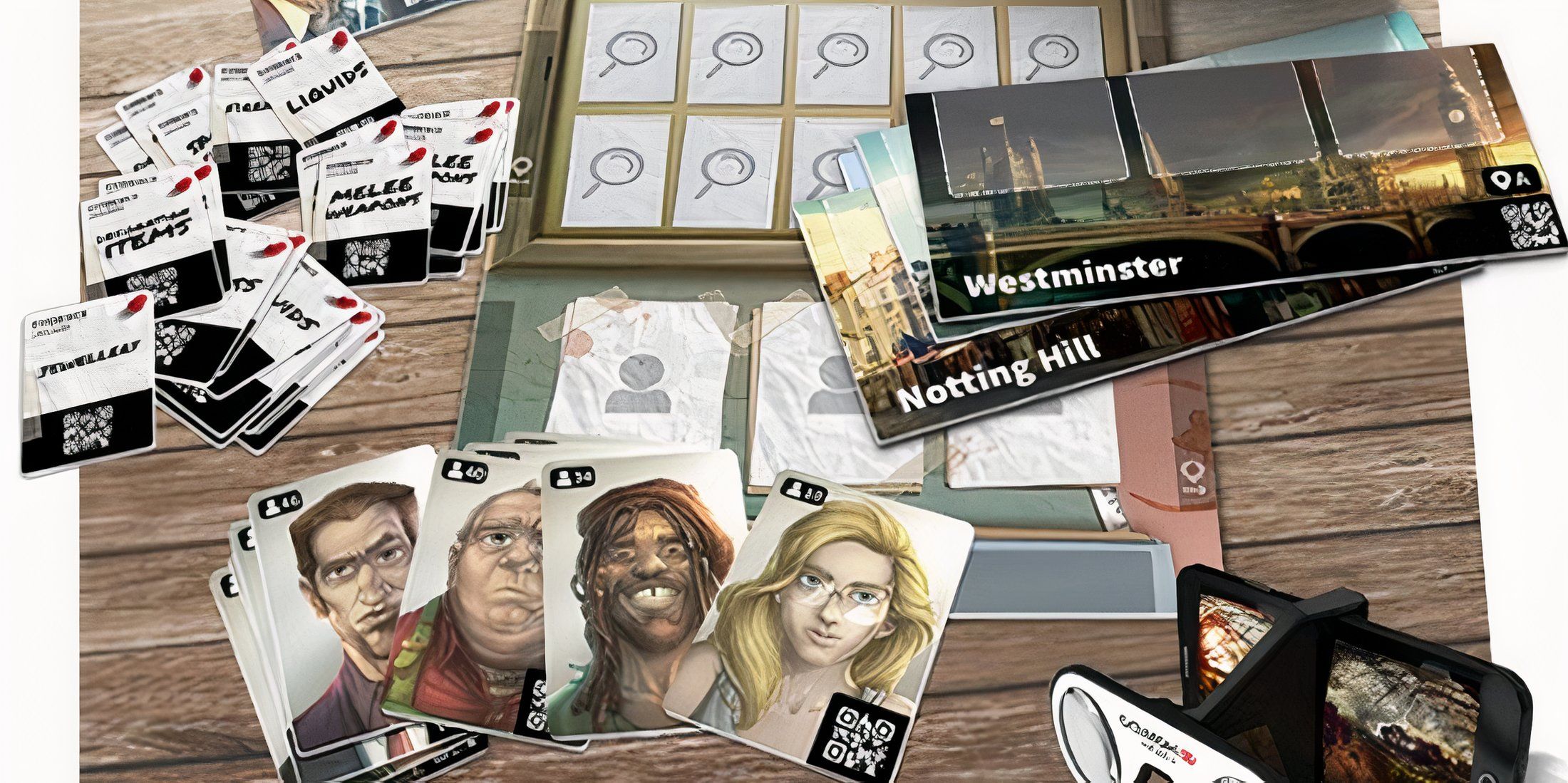

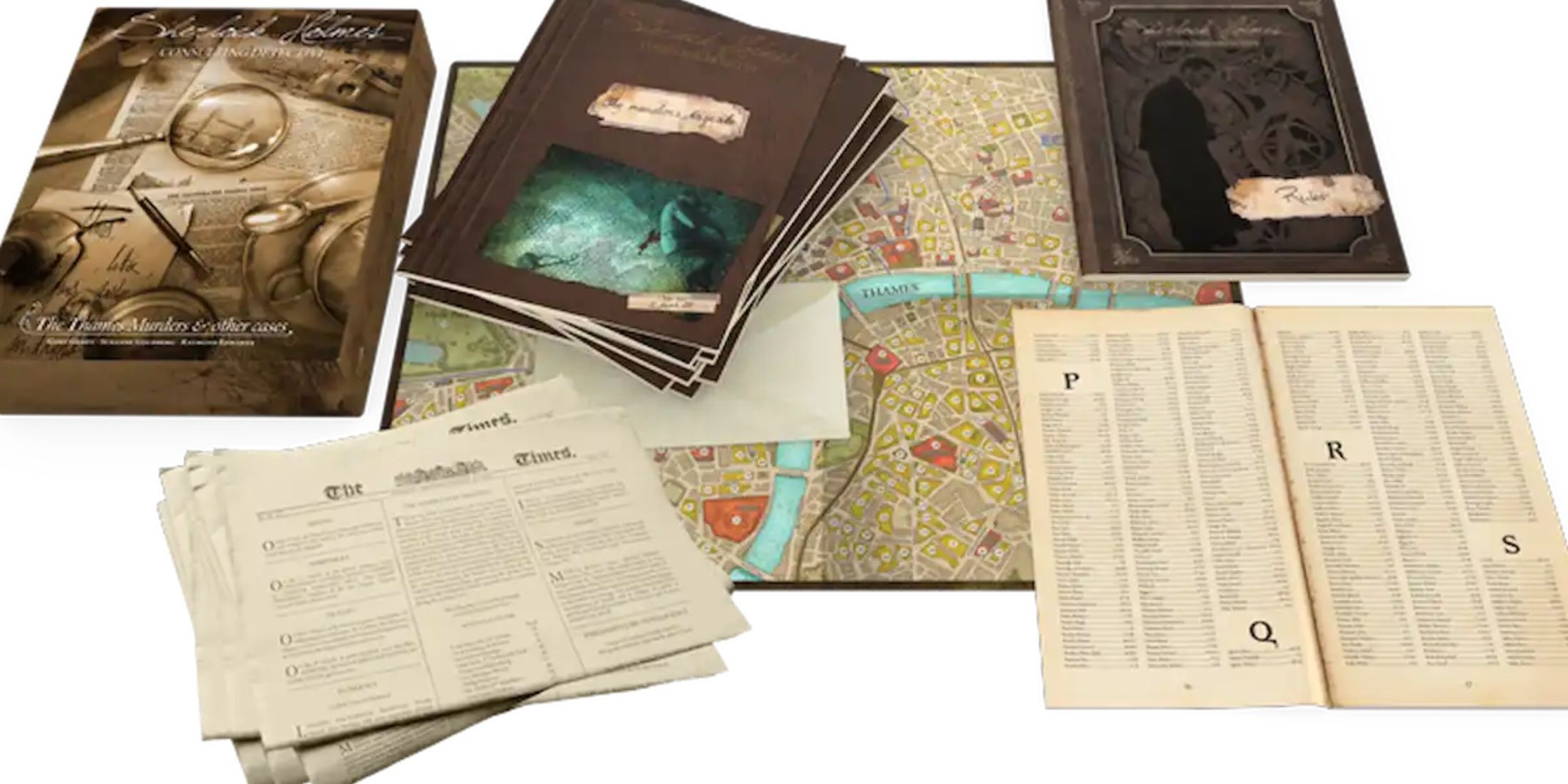
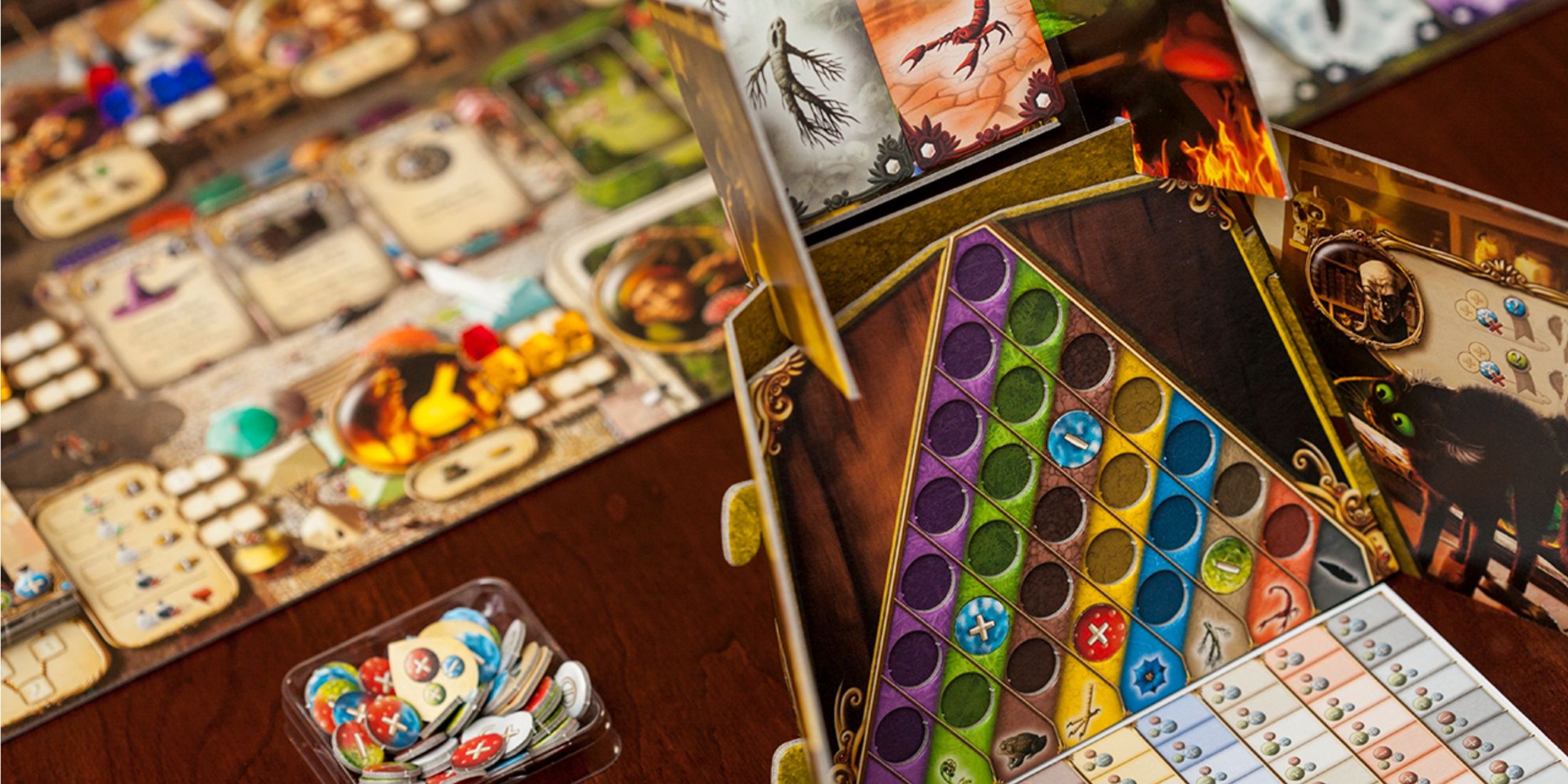
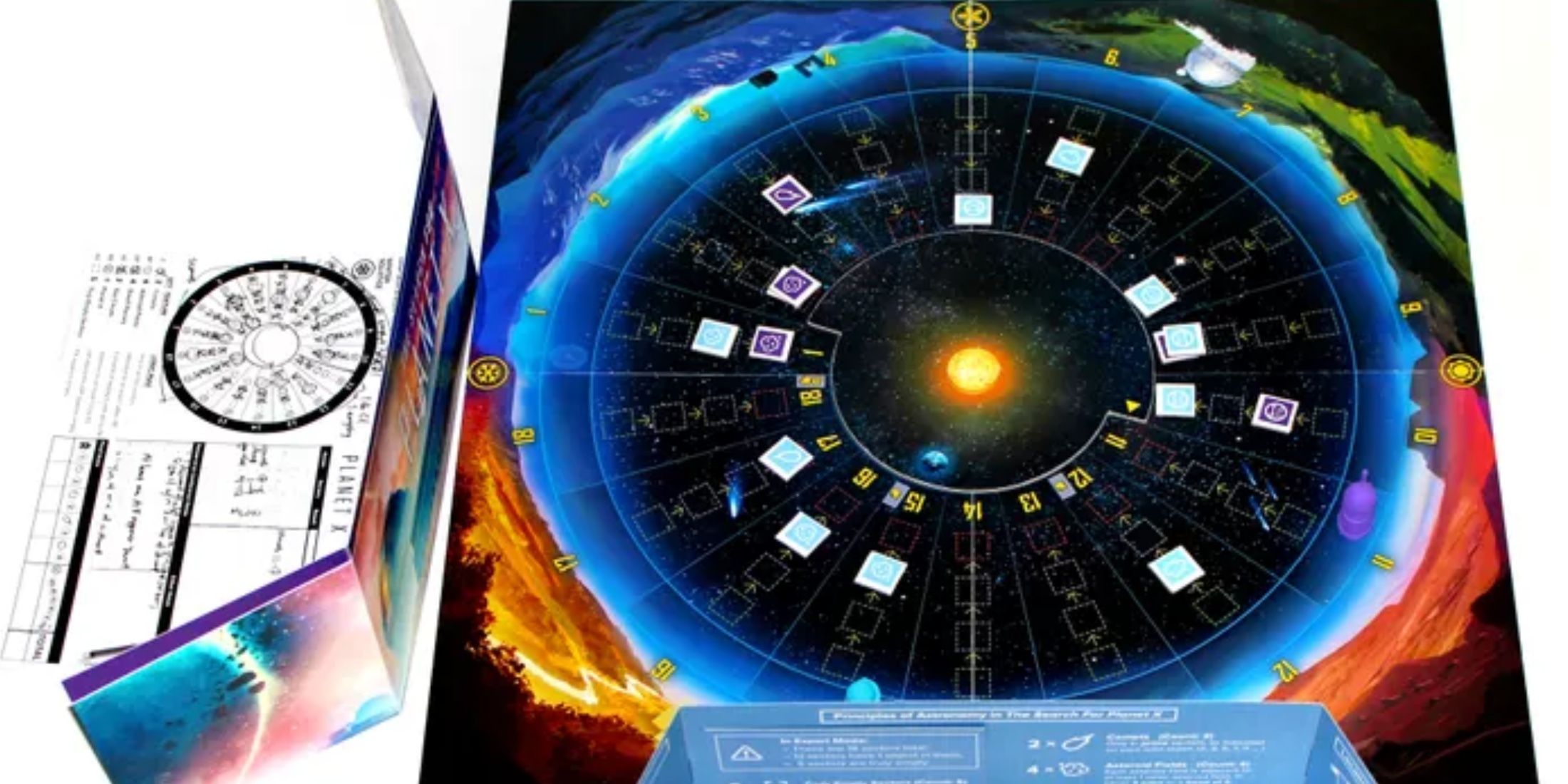
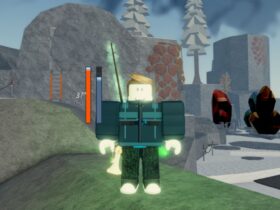


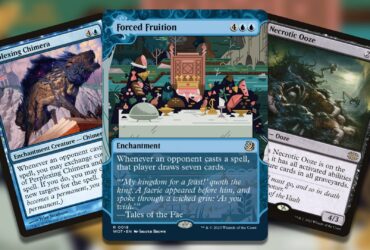


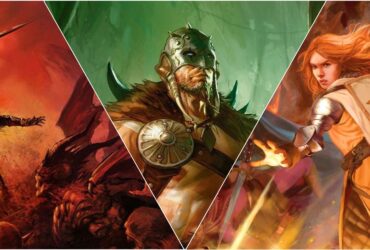

Leave a Reply